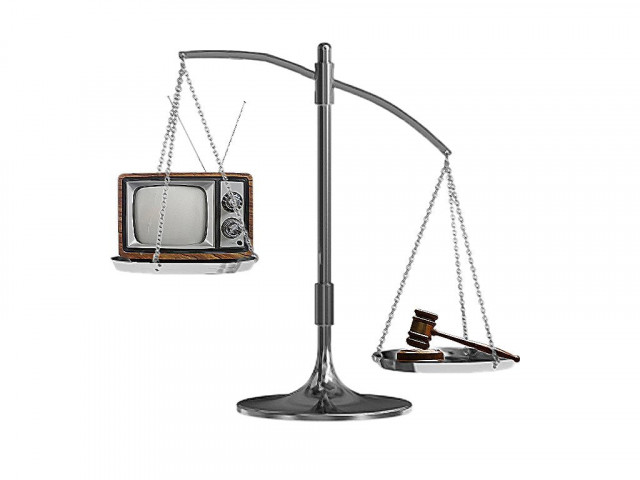
The print and electronic media in Pakistan already have a substantial number of guidelines and standard operating procedures in place. The problem is that few journalists and media houses are familiar with them and even fewer enforce them.
This was among the key discussion points at a conference to discuss the code of conduct the media should follow in order to objectively report on terrorism and extremism.
Paiman Alumni Trust organised Wednesday’s discussion, which included journalists, civil society members and government officials. The participants engaged in an interesting dialogue and came up with concrete recommendations for the media, which included condemning sensationalism, proliferating counter-narratives, and making efforts to promote social harmony.
Welcoming the audience, Paiman Chairperson Shafqat Mehmood said, “It is time for us to reform ourselves and discuss how the media sees the role of government and civil society in promoting counter-narratives.”
Pakistan Electronic Media Regulatory Authority Media Director Fakhrudin Mughal reminded participants that his organisation devised a code of conduct for the media years ago, but “we need collective efforts to ensure its implementation”.
TV anchor Tauseeq Haider said the media has come a long way in the past 10 years and has gained maturity during this time, but there is still a need to strike a balance on what can and cannot be said, something that also factored into a later discussion on censorship and self-censorship.
Zahir Shah, the Khyber-Pakhtunkhwa bureau chief for a leading news channel, noted that journalists and media houses are exposed to various forms of pressure and financial limitations, which enhance the need for staffers to be fully aware of the code of conduct to ensure their own security.
Other journalists were critical of the use of broad terms such as ‘terrorist’ to describe those committing heinous acts, suggesting that more direct language be used in order to avoid glorifying those who commit violence, and of the fact that ownership and editors in far-off cities often disregard the impact that covering certain issues can have on reporters in areas such as the Federally Administered Tribal Areas.
Earthquake Reconstruction and Rehabilitation Authority Media Adviser Shazia Harris said the media should be taken as partners in the National Security Policy and civil society should help the media in capacity building.
TV anchor Khursheed Nadeem said the media’s role is providing information, and when it goes a step further in adding perspective and analysis, it should clearly separate opinion from fact to clarify ambiguity rather than adding to it.
Later, Paiman Executive Director Mossarat Qadeem said national interest is paramount and the media has an important and responsible role to play while reporting on extremism. She further said that even though the code of conduct for the media is defined, there is a dire need for implementation and raising awareness about it.
The dialogue concluded with a consensus that there is a need for a security partnership between the media and the government.
Published in The Express Tribune, February 27th, 2014.
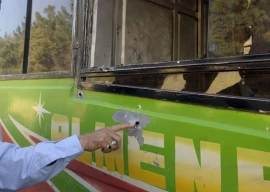
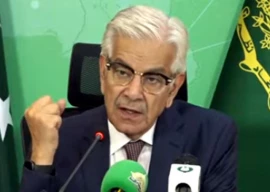
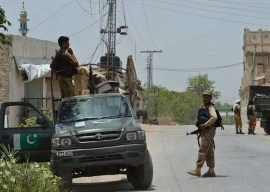
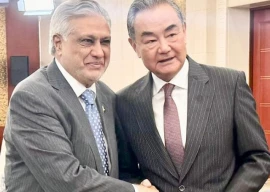
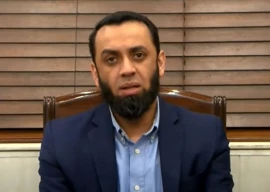

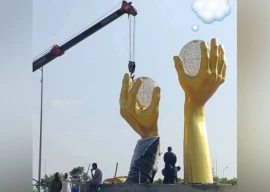
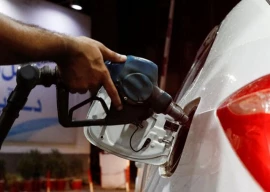

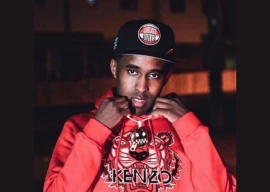
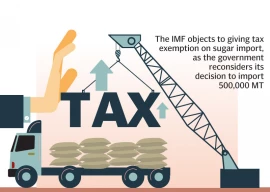




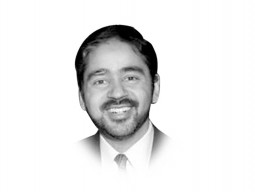

COMMENTS
Comments are moderated and generally will be posted if they are on-topic and not abusive.
For more information, please see our Comments FAQ